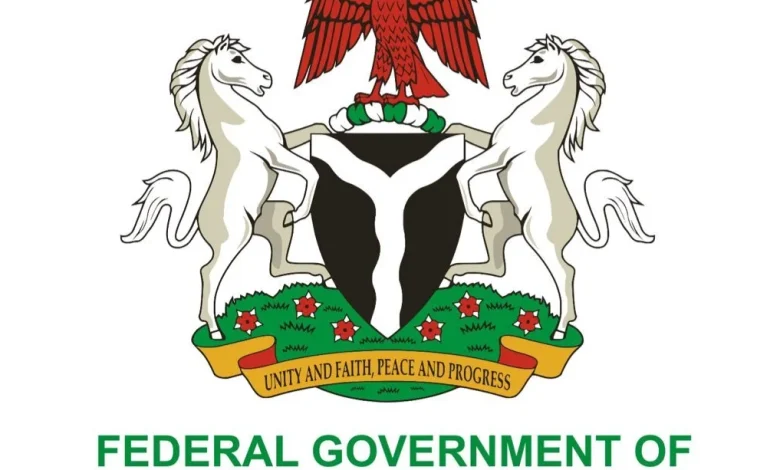FG to introduce restorative justice system in FCT

On Monday, October 14, the Federal Government announced plans to implement a restorative justice system in the Federal Capital Territory (FCT), Abuja. This new system aims to focus on helping crime victims rather than just punishing those who commit crimes.
Mr. Mohammed Abubakar, the Director of Public Prosecution of the Federation, shared this information during the opening of a two-day workshop for facilitators on the new system. He explained that restorative justice would help reduce overcrowding in prisons.
“This system is different from the usual court process,” Mr. Abubakar said. “It will ensure that cases are resolved quickly and help with repair, resolution, and reintegration.” He added that restorative justice reflects African values, emphasizing the importance of community and neighborly relations.
“Our goal is to create fair and healing outcomes for everyone involved,” he stated. “By focusing on accountability and empathy, we hope to reduce repeat offenses and ease the emotional struggles of victims while strengthening our community.”
Mr. Abubakar emphasized that for restorative justice to be successful, many people need to get involved. “Whether you’re from law enforcement, the judiciary, traditional institutions, government agencies, civil society, or the community, your participation is essential for this system to thrive in the FCT.”
He acknowledged that some people might be unsure about this new approach to justice. “Restorative justice is not a ‘soft’ option,” he clarified. “It’s a serious process that focuses on accountability and responsibility while aiming to repair the harm caused by crime.”
The Etsu of Kwali, HRH Luka Ayedoo, who represented traditional rulers in the FCT, praised the government for this initiative and suggested that it should be implemented nationwide. He pointed out that many correctional centers are overcrowded and that involving traditional leaders is crucial for the success of restorative justice.
Mrs. Leticia Ayoola-Daniels, the Director of Administration of Criminal Justice and Reform Department at the Federal Ministry of Justice, described the new system as a positive change. “It promotes healing rather than just punishment,” she said, “engaging offenders, victims, and the community in meaningful ways.”





